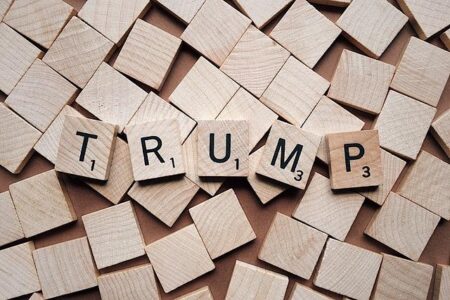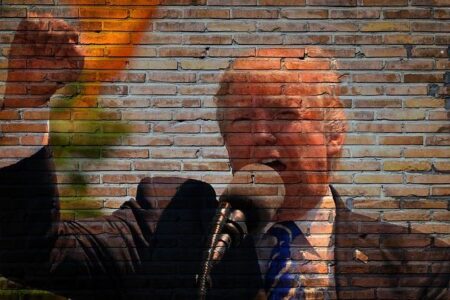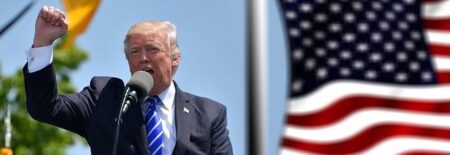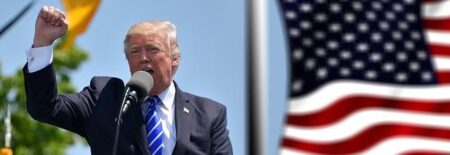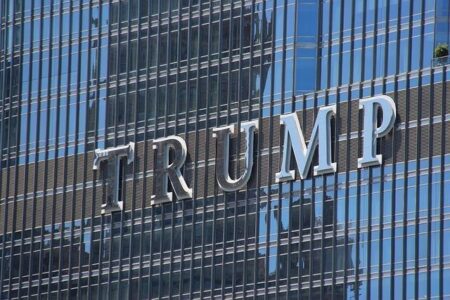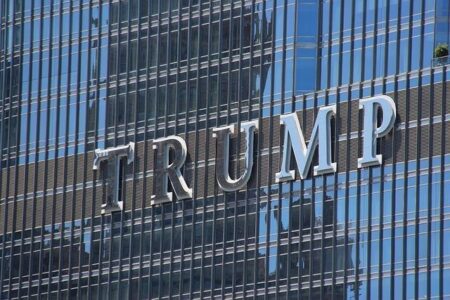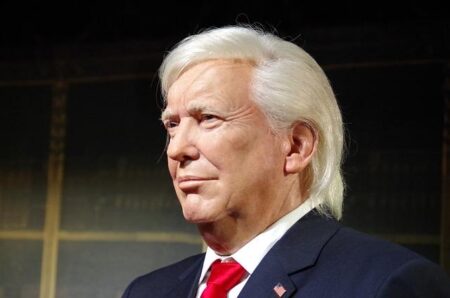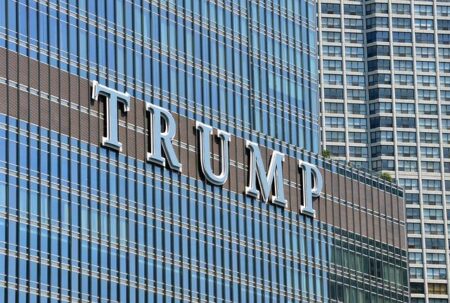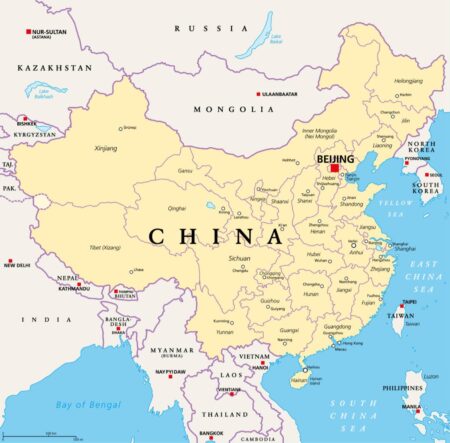In a surprising policy shift, President Trump announced he will not proceed with plans to double tariffs on certain imports from Canada. This reversal comes amid ongoing trade negotiations, signaling a potential thaw in U.S.-Canada relations.
Browsing: international trade
In response to recent U.S. tariffs, Canada has announced $29.8 billion in counter-tariffs targeting key American goods. This escalation in trade tensions underscores ongoing disputes and aims to protect Canadian industries amidst rising economic pressures.
Australia has decided against implementing reciprocal tariffs on the US following President Trump’s announcement of steel tariffs. This response highlights Australia’s commitment to maintaining trade relations, despite the potential economic impact.
As Trump tariffs reshape global trade dynamics, India stands poised to excel in Asia. With a burgeoning domestic market, a strong manufacturing base, and strategic alliances, India is uniquely positioned to leverage these tensions for economic growth and opportunity.
Alberta’s Premier emphasized that while Canada could increase oil supplies to the U.S., the country also requires new markets to diversify its economy. This dual focus aims to strengthen energy independence and address fluctuating global demand.
In a surprising move, President Trump announced an increase in tariffs on Canadian imports, sending shockwaves through global markets. Analysts warn that escalating trade tensions could impact economic stability and consumer prices on both sides of the border.
In a surprising shift, former President Trump announced the reinstatement of 25% tariffs on Canadian metals, reversing previous statements. This move raises concerns about trade relations and could impact various industries reliant on Canadian imports.
In a recent statement, former President Trump suggested that tariffs on Mexico and Canada could potentially increase, indirectly acknowledging the economic uncertainties ahead. He refrained from dismissing the possibility of a recession, raising concerns among analysts.
In a significant move, President Trump announced the postponement of tariffs on goods imported under the US-Mexico-Canada trade agreement. This decision aims to ease trade tensions and foster better economic relations among the North American partners.
In live updates from Mark Carney‚Äôs latest address, Canada’s prospective Prime Minister pledged to tackle the ongoing trade war head-on. Meanwhile, Ontario’s government is set to implement new electricity tariffs affecting U.S. imports, raising tensions further.
Senators Jerry Moran and Chris Coons have introduced new legislation aimed at strengthening trade negotiations with the United Kingdom. The initiative seeks to enhance economic ties and support U.S. exporters, fostering a more robust transatlantic partnership.
Former RBI Deputy Governor has suggested that Trump’s tariffs on India could offer unexpected opportunities for local industries to strengthen and innovate. The measures, while challenging in the short term, may ultimately lead to greater self-reliance.
In a controversial statement, a Trump adviser claimed the existence of secret fentanyl labs in Canada to justify proposed tariffs. This allegation raises serious questions about the administration’s approach to drug trafficking and international trade relations.
Former Bank of Japan Governor Haruhiko Kuroda urged the government to address global perceptions that Japan is manipulating the yen. He emphasized that enhancing communication about monetary policy is crucial to dispel misunderstandings and maintain credibility.
China has imposed new tariffs on Canadian agricultural products, escalating tensions between the two nations. This move marks a significant response to Canada’s recent criticisms of China’s domestic policies and trade practices, further straining bilateral relations.
In a striking shift, former President Trump has threatened new tariffs on Canadian lumber and dairy just one day after lifting duties on imports from Canada and Mexico. This move raises questions about trade relations and economic policy in North America.
Despite President Trump’s decision to postpone tariffs on various imports from Canada for a month, Canada will maintain its own tariffs on U.S. goods. This development highlights ongoing trade tensions between the two nations as negotiations continue.
China has officially retaliated against the tariffs imposed by Donald Trump, escalating the trade war between the two economic giants. The move signals a long-term response to protect its markets and interests, as both nations gear up for prolonged negotiations.
The U.S. plans to hold a hearing to examine China’s initiatives aimed at enhancing its semiconductor industry. This move highlights ongoing concerns over technological competition and national security as both nations seek dominance in critical tech sectors.
The UK has imposed a ban on meat and dairy imports from Hungary and Slovakia following the detection of foot-and-mouth disease in the region. This precautionary measure aims to protect the nation’s livestock from potential outbreaks.

